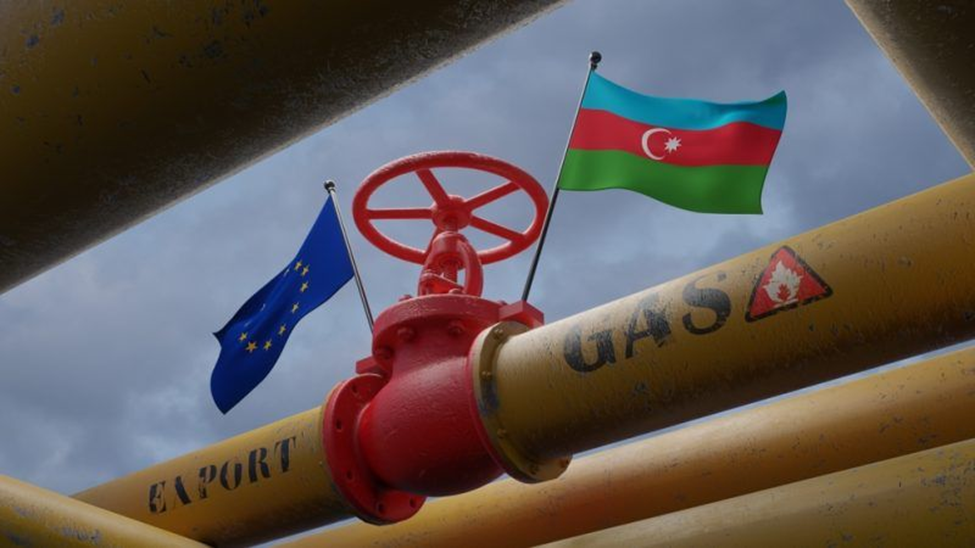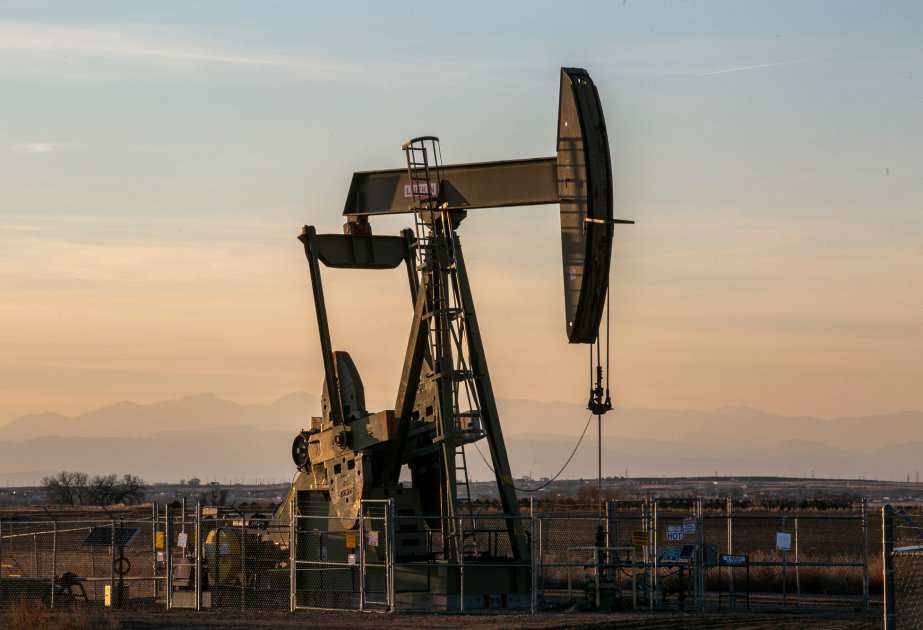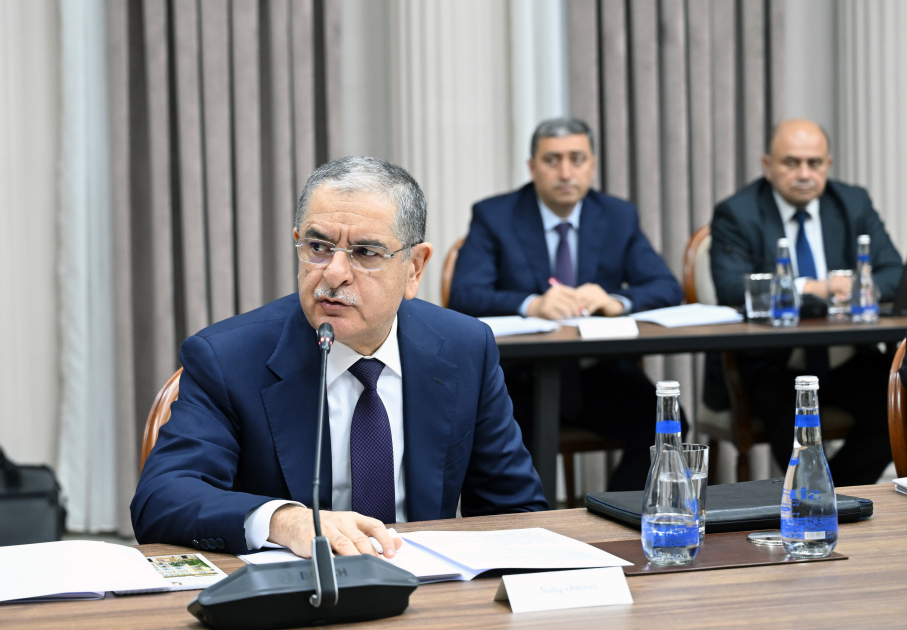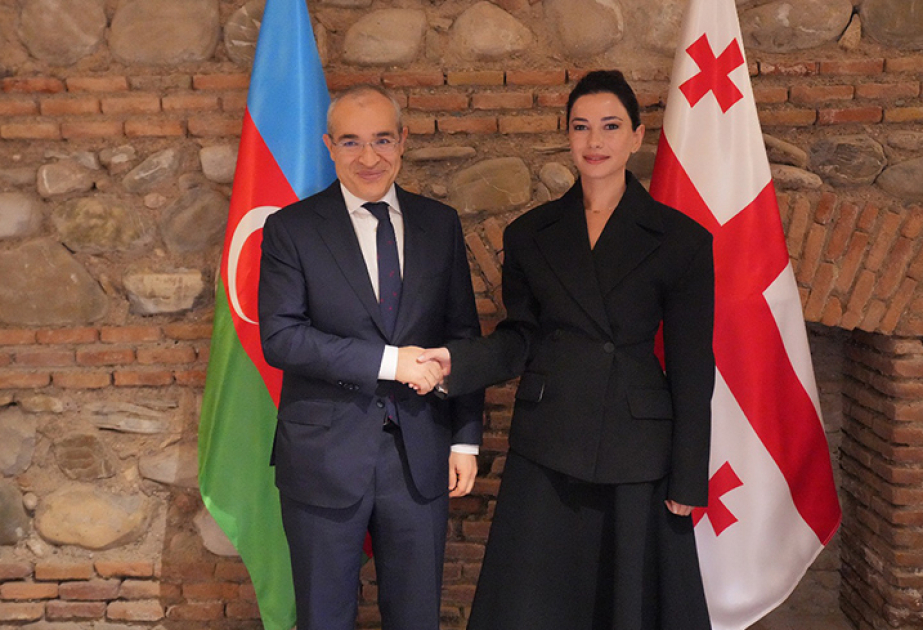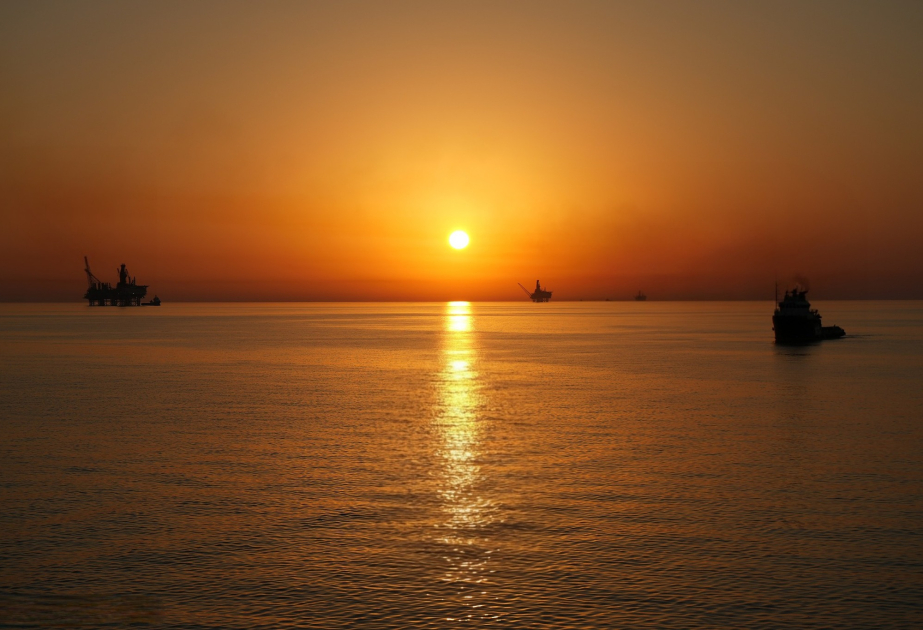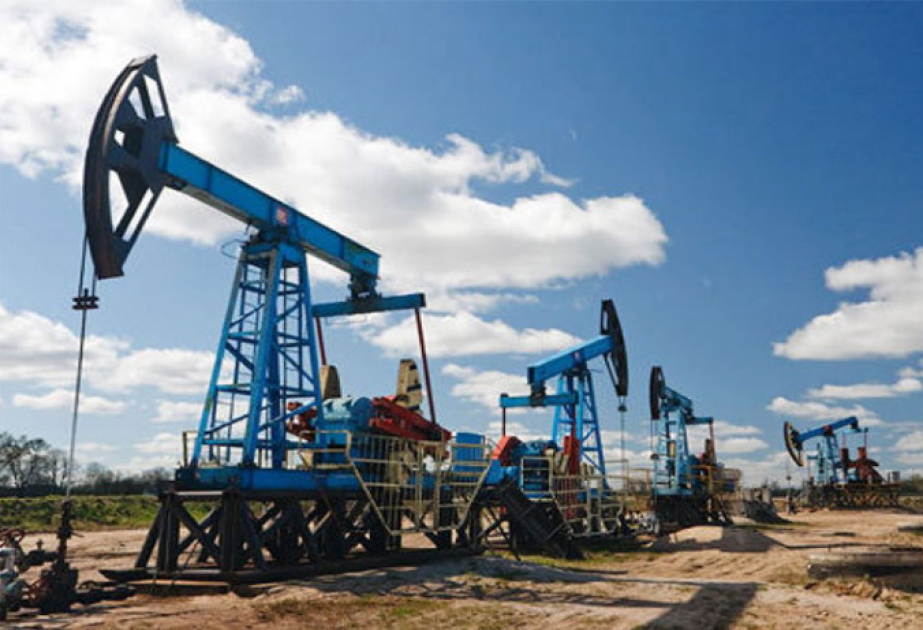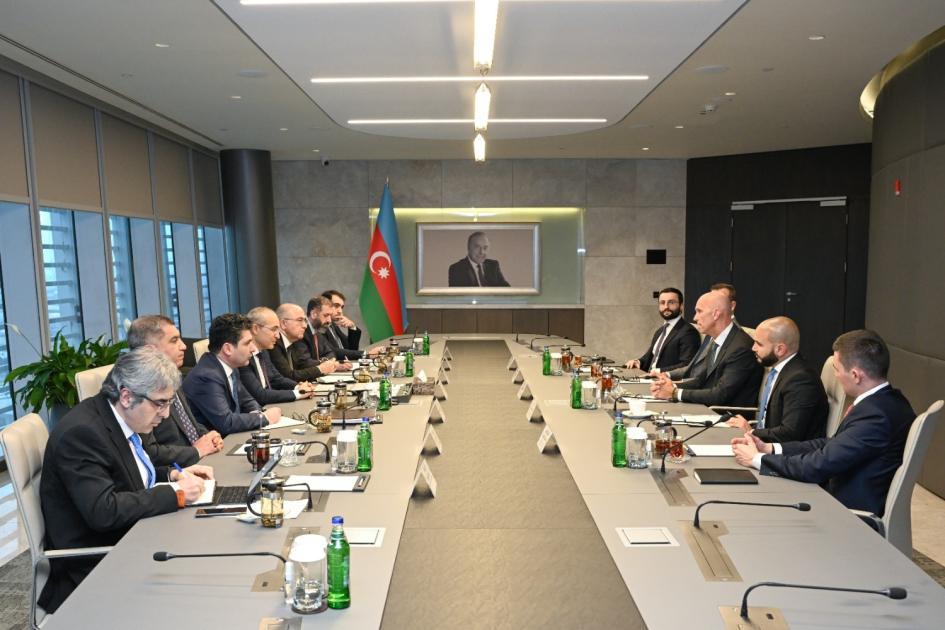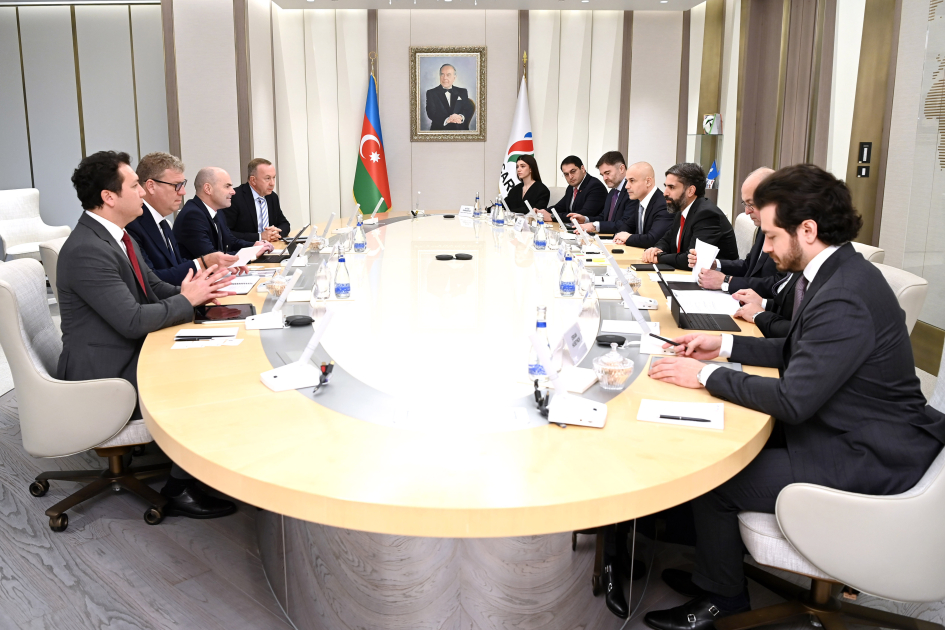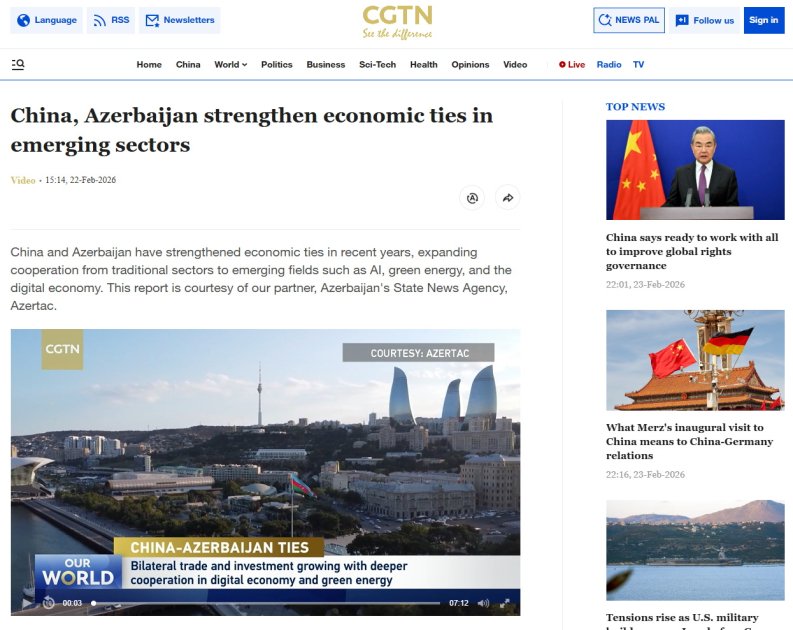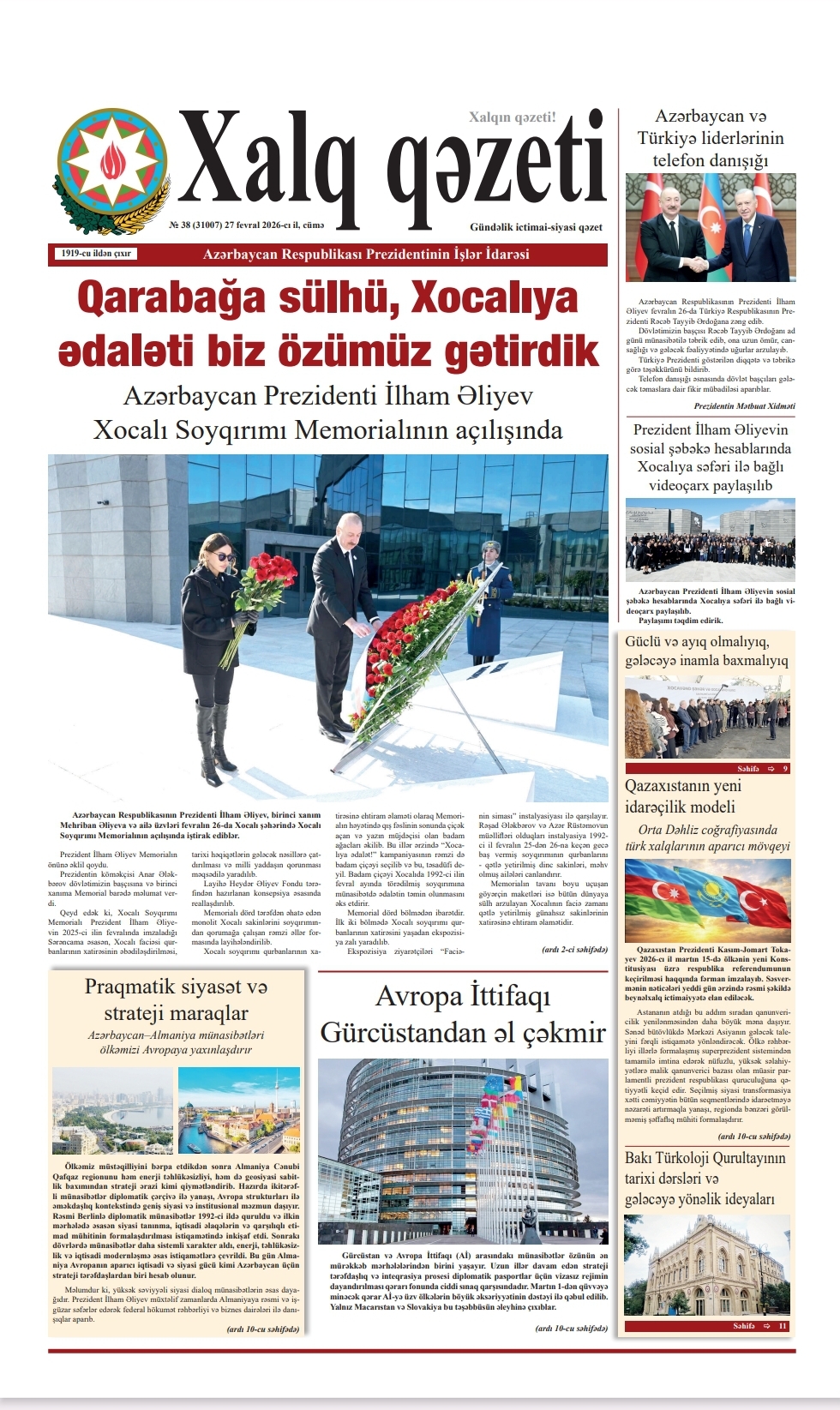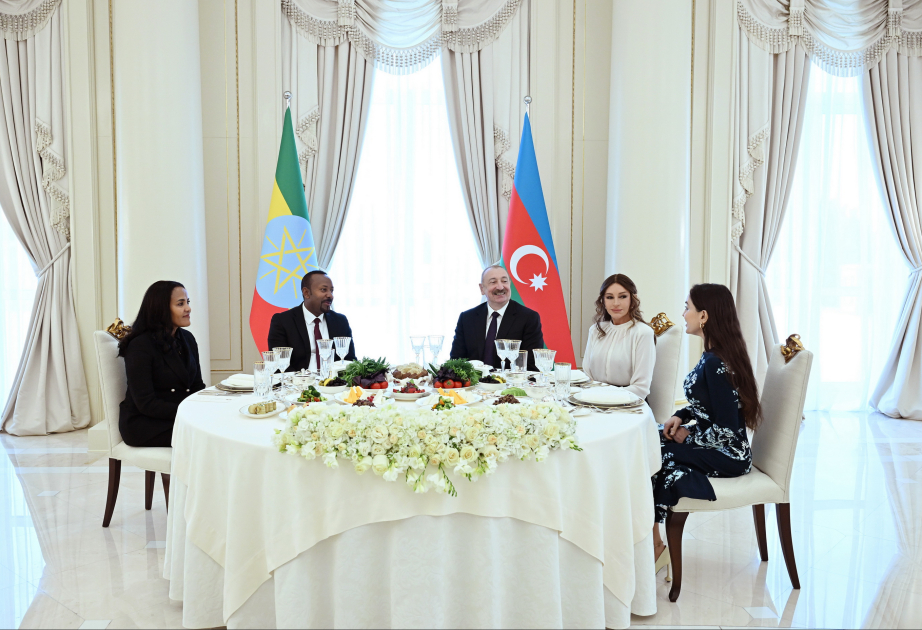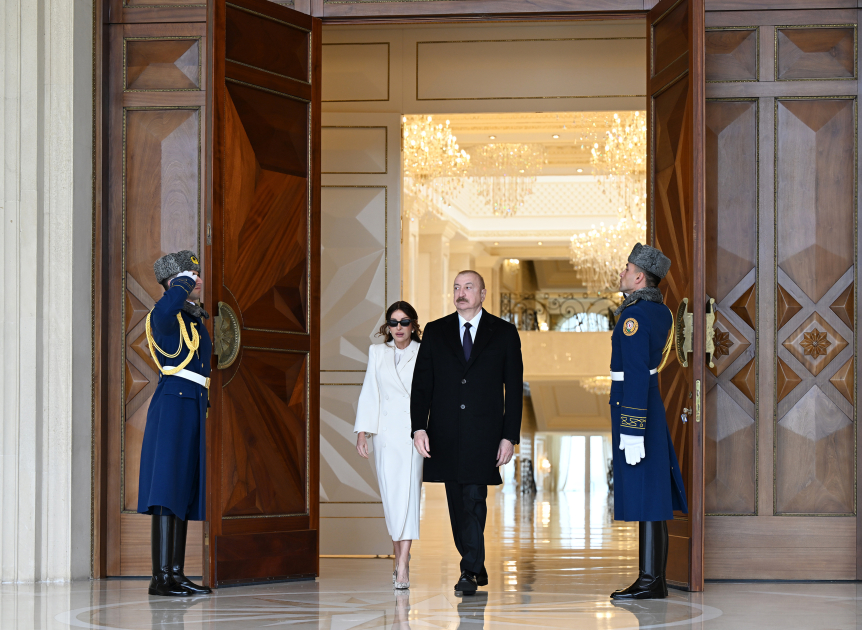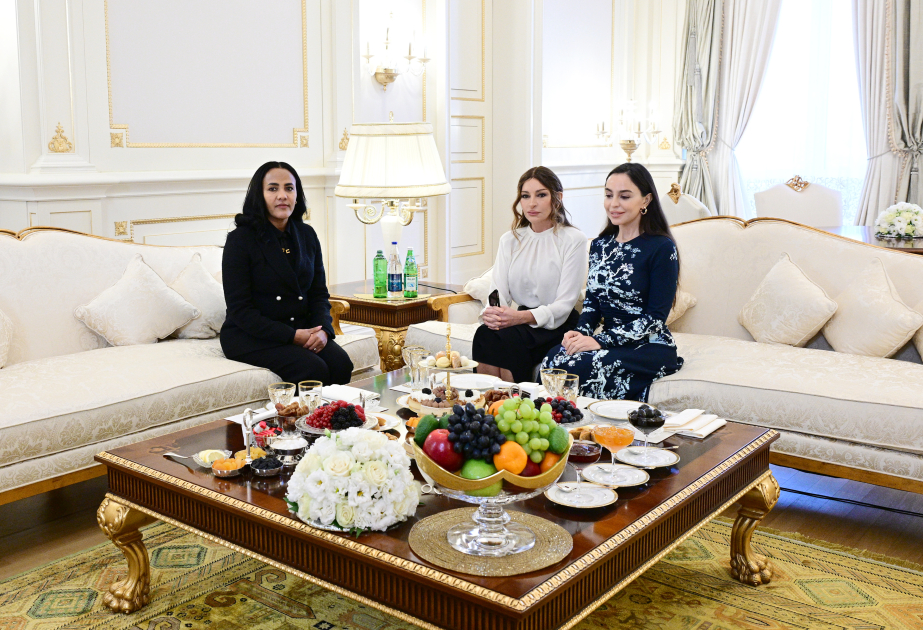In 2023, European Union countries consumed 333 billion cubic meters of natural gas, of which 11.8 billion cubic meters were supplied by Azerbaijan. This allowed Azerbaijan to rank fifth among the largest gas exporters to the EU last year. According to forecasts by the International Energy Agency, gas demand in Europe may increase by 3% this year compared to last year. Furthermore, it is expected that by the end of the year, Russian gas supplies to Europe through Ukraine will completely cease, creating challenges for European consumers. In response, the European Union is actively seeking alternative gas sources, deepening energy cooperation with Azerbaijan.
In an interview with the European publication "Montel News," Vitaly Beglyarbekov, the deputy vice president of the Azerbaijani state oil and gas company (SOCAR), shared plans to significantly increase gas supplies to Europe. He specified that by 2026, Azerbaijan aims to increase its annual gas export volume by 17% compared to 2023 levels, reaching 14 billion cubic meters. Beglyarbekov noted that within the next two years, the country plans to export about 14 billion cubic meters of gas annually to Southeastern Europe, which exceeds last year's figure by two billion.
According to the deputy vice president, by 2026, Azerbaijan expects further increases in exports to countries such as Italy, Greece, and Bulgaria, due to the expansion of production and export capacities. He also highlighted the importance of increasing gas production and expanding the three transit pipelines of the Southern Gas Corridor, connecting Azerbaijan through Turkey to Greece and Italy.
Beglyarbekov emphasized that further expansion of supplies up to 20 billion cubic meters per year will largely depend on the region's needs and Europe's willingness to invest in new infrastructure.
Commenting on the issue of increasing Azerbaijani gas supplies to Europe for the news portal News.Az, Moldovan expert Sergiu Ungureanu expressed the opinion that Europe is interested in strengthening cooperation with Azerbaijan in the energy sector. He emphasized that Europe is trying to avoid new dependency on American LNG, as existing gas reserves in the North Sea and Africa are not yet able to meet the continent's needs. Ungureanu pointed out the favorable conditions of Azerbaijani gas supplies, emphasizing its competitive price, which could play a crucial role in ensuring Europe's energy security.
Ungureanu also noted the significance of potential cooperation with Moldova in this area. He reminded that a Moldovan delegation visited Baku in 2022, which started negotiations on gas supplies. Since then, the prospect of diversifying gas supplies remains important for Moldova, which is looking to expand its list of energy partners. According to Ungureanu, certain agreements have already been reached to transport Azerbaijani gas through Turkey, Bulgaria, and Romania, requiring further strengthening of contractual relations with these countries. The expert expressed hope for the successful implementation of these cooperation prospects.
The geography of Azerbaijani gas supplies to Europe is actively expanding. Since the end of 2020, when regular exports began, the main buyers have been Turkey, Italy, Greece, Bulgaria, Romania, and Hungary, with Italy being the largest importer. Last year, about 10 billion cubic meters of gas were supplied to Italy through the Trans-Adriatic Pipeline (TAP), covering over 80% of the country's needs along with supplies from Algeria and Libya.
Today, there is a demand for Azerbaijani gas in Europe, especially among Eastern European and Western Balkan countries. In early 2023, Hungary, Romania, Bulgaria, and Slovakia approached the European Commission requesting funding to develop infrastructure to increase supplies. In April of the same year, a Memorandum of Understanding was signed between the gas transportation operators of these countries and SOCAR, initiating the "Ring of Solidarity" project, which opens new prospects for strengthening cooperation and expanding gas infrastructure.
Moreover, in 2024, deliveries to Serbia are set to begin under a contract with Srbijagas, providing for annual supplies of 400 million cubic meters of gas until 2026, with the possibility of tripling the volumes later. As part of the first phase of TAP expansion by 2025, the capacity is planned to increase by 1.2 billion cubic meters, of which 1 billion will go to Italy, and 200 million to Albania.
Azerbaijan's extensive and predictable gas reserves, estimated at 2.6 and about 3 trillion cubic meters respectively, confirm the country's role as a reliable supplier of hydrocarbons for the coming century.
Ilham Shaban, head of the Oil Research Center, emphasized the European Union's significant interest in deepening cooperation with Azerbaijan in the energy sector. He recalled that on July 18, 2022, a Memorandum of Understanding on strategic partnership between the European Union and Azerbaijan was signed, underscoring the importance of Azerbaijani gas for Europe.
Shaban also noted the prospects for the growth of Azerbaijani gas supplies to European countries, highlighting that last year, 51% of the gas produced in Azerbaijan was sent to Europe, and this share is expected to increase. At the Fifth Budapest LNG Energy Summit, Vitaliy Beglyarbekov, deputy vice president of SOCAR, announced plans to increase supplies to 14 billion cubic meters by 2026, an increase of 2 billion cubic meters.
Additionally, Shaban mentioned the commencement of natural gas production from the deep layers of the "Azeri-Chirag-Gunashli" project in mid-2025 and plans for the second phase of development of the "Absheron" field, which will enable Azerbaijan to increase its export capacities to 20 billion cubic meters of gas in the next decade. These prospects reflect the strategic significance of cooperation between Azerbaijan and the European Union in ensuring Europe's energy security.
At the 10th ministerial meeting of the Southern Gas Corridor Advisory Council and the 2nd ministerial meeting of the Green Energy Advisory Council in March this year, President of Azerbaijan Ilham Aliyev emphasized the significance of the Absheron gas condensate field as a key resource base for future diversification projects. He reported that the first phase of the project is already being implemented with an expected annual production of 1.5 billion cubic meters of gas, and after the completion of the second stage, production will increase by 4-5 billion cubic meters per year, most of which will be directed to international markets.
By the way, rumors of a gas shortage in Azerbaijan are part of a disinformation campaign aimed at undermining the country's potential. Azerbaijan has sufficient natural gas reserves to deepen energy cooperation with the European Union. This became particularly relevant after the EU began to move away from Russian gas, leading to a significant increase in demand for alternative sources, including supplies from the US and the Middle East. In response to these challenges, at the highest level, Azerbaijan has confirmed its readiness to support the European Union by increasing gas supply volumes. The successful expansion of gas production in Azerbaijan demonstrates the country's ability to fulfill all commitments to supply this important resource to Europe.


